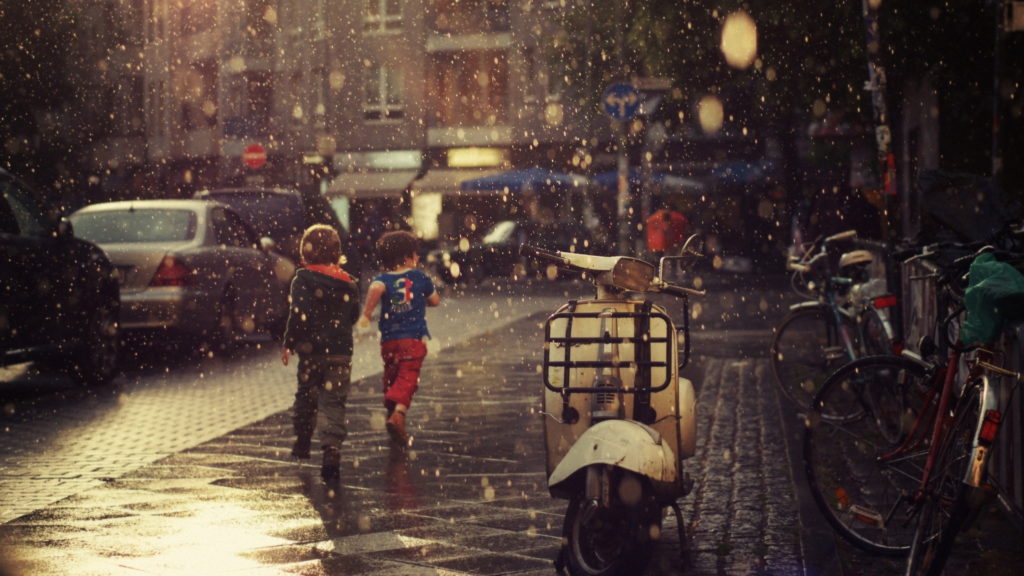
What is surrender? Who surrenders? And to whom? Why do we surrender? What is given when we surrender and what is gained? Is surrender an effort or a release? An expression of cowardice or courage? Of service or disservice?
A sprawling family of words in the Western tradition, Germanic forms, honed and evolved, tossed and torn through 1,600 years of passage, cluster and fuse around the indestructible idea of the gift, of giving, of being given, of the action we offer, the thing we accept, the transformation that erupts into the world when something is truly and purely given.
To give is a singular act that unites two parties. Regardless of what thing is given and received. Whether it a priceless jewel or a poison chalice, the giver and the given can never again be torn apart. They will always be two-as-one, the lover and the loved, the hater and the hated, more than they were individually, a surplus created out boundless spirit of the world, a mystical surplus.
We’d like to protest, to object against generalising: surrender is after all a very special case of giving, isn’t it? That I should give a worthless stone, scraped up from the earth, to an indifferent stranger can hardly be compared to the kind of spiritual renouncement of Jesus giving himself up on the cross?
At first glance this is true. And yet looking more closely we can see that the mystical secret of the gift reveals itself in any gift-giving. Giving has a metaphysical force that appears out of nowhere to lift the gift to a higher plane.
The shape of surrender is both simple and breathtakingly complex. It connects three components of giving: the giver, the gift, and the recipient. Yet each of these elements represents a port to a universe of its own. Each occupies in its particular way a space of meaning, memory, dream and desire, hope, and fear. Each unfolds and evolves along many paths, with many origins, multiple destinies. They converge in the act of surrender.
The giver possesses the gift. The giver recognises the recipient. In between these elements, the giver also possesses a will to give, a need or a justification to give, a value in the giving. There is a will to give, but there is also a courage to give, a courage stemming from the awareness of the danger in giving, of the loss, of the cost, the awareness that the gift will change this world, this microcosme or beyond. It’s an awareness that the giver will be changed by the gift, and through the giving, that the giver will no longer be the giver who gave, but another, the one-who-will-have-given.
The gift is the to-be-given. The gift has, only this function and no other existence. And yet it is more than this existence. The gift is always more than it seems, even to the giver. It has life, it lives in the life of the giver and the receiver. Thus there is no such thing as an arbitrary gift. It is not possible to apprehend any thing that does not become a thing to the giver, part of the giver’s experience, world, heart and spirit. There is no valueless gift. The most value-less scrap of driftwood on the beach has life and value from the moment it enters our apprehension. It become a thing-to-be-given.
The recipient of the gift is never only or never entirely a person, it’s the space where the transformation from to-be-given to given takes place. Like the giver, the recipient is changed by giving. The gaze of the recipient is forever changed by the giving, by physical presence of the gift, its form, colour and mass. Like the giver, the value sequence of the recipient is changed by receiving and having, what counts something-to-have evolves by one step. What the receiver is nudged through its own way of being by the addition of the some thing. The value of the thing will play a role in evolving the recipient. And the living axis of the giving is the spiritual connection between the giver and the recipient. Here is where the gift becomes more-than-a-gift.